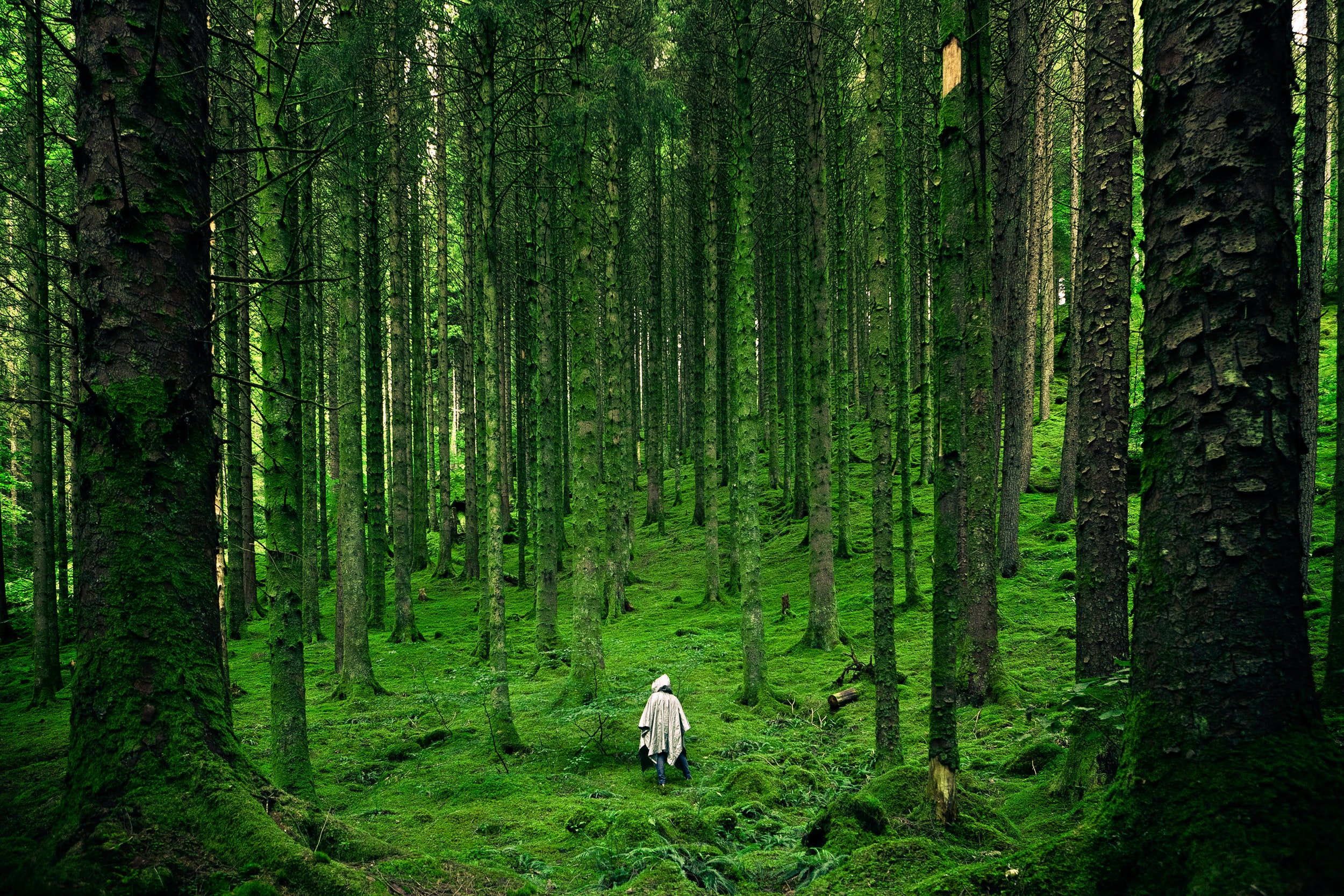Every day we move further away from nature: we live in cities, using public transport and buying our groceries at large, anonymous supermarkets. We work indoors all day and then retreat to artificially lit homes, where we spend hours on end glued to mobiles, laptops, or television screens. It is no wonder that so many of us feel disconnected from the natural world.
Nature is essential to our emotional health and psychological well-being, but it seems that fewer of us are getting the daily dose we need. A growing number of studies show how important it is for people to be exposed to nature on a regular basis, with research showing an ever more compelling link between people’s contact with nature and their feelings of happiness.
One study shows that people who view images of natural environments feel less sad than those looking at urban scenes, while another demonstrates the restorative effects of spending time in green spaces on mental fatigue. Nature even seems to play an important role in promoting altruism; one recent report concludes that “higher species richness within the local conservation area where one lives is significantly associated with an increased likelihood of donating to environmental causes”.
Another study suggests that green spaces are linked to lower levels of psychiatric disorder. Researchers at UCL analyzed data from 47,000 women and found that those living in greener areas reported lower incidences of mental health disorders.
Another study at the University of Exeter shows that “green exercise” such as walking and cycling is three times more effective than drugs in treating depression. Green spaces can also boost cognitive skills, with researchers in Japan demonstrating that children who attend schools surrounded by trees progress in maths tests significantly faster than those whose school grounds are covered by concrete and asphalt.
One experiment showed that, on average, people feel happier and less sad after spending just 20 minutes outside in a natural setting than they do after sitting inside for the same period of time. But evidence suggests we shouldn’t wait until we feel unhappy to seek out nature: instead, it’s crucial to make time for green spaces every day, so we can catch those moments of calm and contentedness or simply enjoy a sense of wonder as we go about our busy lives.
It is vital, therefore, to ensure that future generations inherit not only thriving cities but also thriving green spaces – nature’s best antidote to mental fatigue and the modern urban malaise.






Nature holds the key to our happiness in many ways. It can help us to reduce stress, anxiety, and depression, and it can improve mood, sleep, and overall well-being.
One reason why being in nature is so beneficial is that it helps us to connect with something larger than ourselves. When we are surrounded by the beauty of nature, it can help us to put our own problems into perspective and to appreciate the simple things in life.
Nature can also be a great place to find peace and solitude. When we are in nature, we are often surrounded by silence and stillness, which can help us to relax and to clear our minds.
Here are some specific ways that spending time in nature can benefit our mental and physical health:
Reduces stress. Being in nature has been shown to reduce levels of the stress hormone cortisol.
Improves mood. Spending time in nature can boost mood and reduce feelings of anxiety and depression.
Improves sleep. Nature exposure can help to improve sleep quality and duration.
Boosts energy levels. Being in nature can increase energy levels and reduce fatigue.
Improves focus and concentration. Nature exposure can help to improve focus and concentration.
Reduces pain. Spending time in nature can help to reduce pain and improve pain management.
Improves cardiovascular health. Nature exposure can help to improve cardiovascular health by reducing blood pressure and heart rate.
Strengthens the immune system. Nature exposure can help to strengthen the immune system by increasing levels of natural killer cells.
Extends life expectancy. Studies have shown that people who spend more time in nature tend to live longer than those who do not.
If you are looking for a way to improve your mental and physical health, I encourage you to spend more time in nature. You may be surprised at how good you feel.
Here are some tips for getting more out of your time in nature:
Find a place that you love. It could be a park, a forest, a beach, or even your own backyard.
Spend time there regularly. The more time you spend in nature, the more benefits you will reap.
Pay attention to your surroundings. Notice the sights, sounds, smells, and textures of nature.
Be present in the moment. Don’t think about work, school, or other stressors. Just enjoy being in nature.
Get active. Go for a walk, hike, bike ride, or swim.
Spend time with loved ones. Share your love of nature with friends and family.
Volunteer in nature. There are many ways to give back to the natural world. You could plant trees, clean up a park, or help with an environmental organization.
By following these tips, you can make the most of your time in nature and reap the many benefits it has to offer.